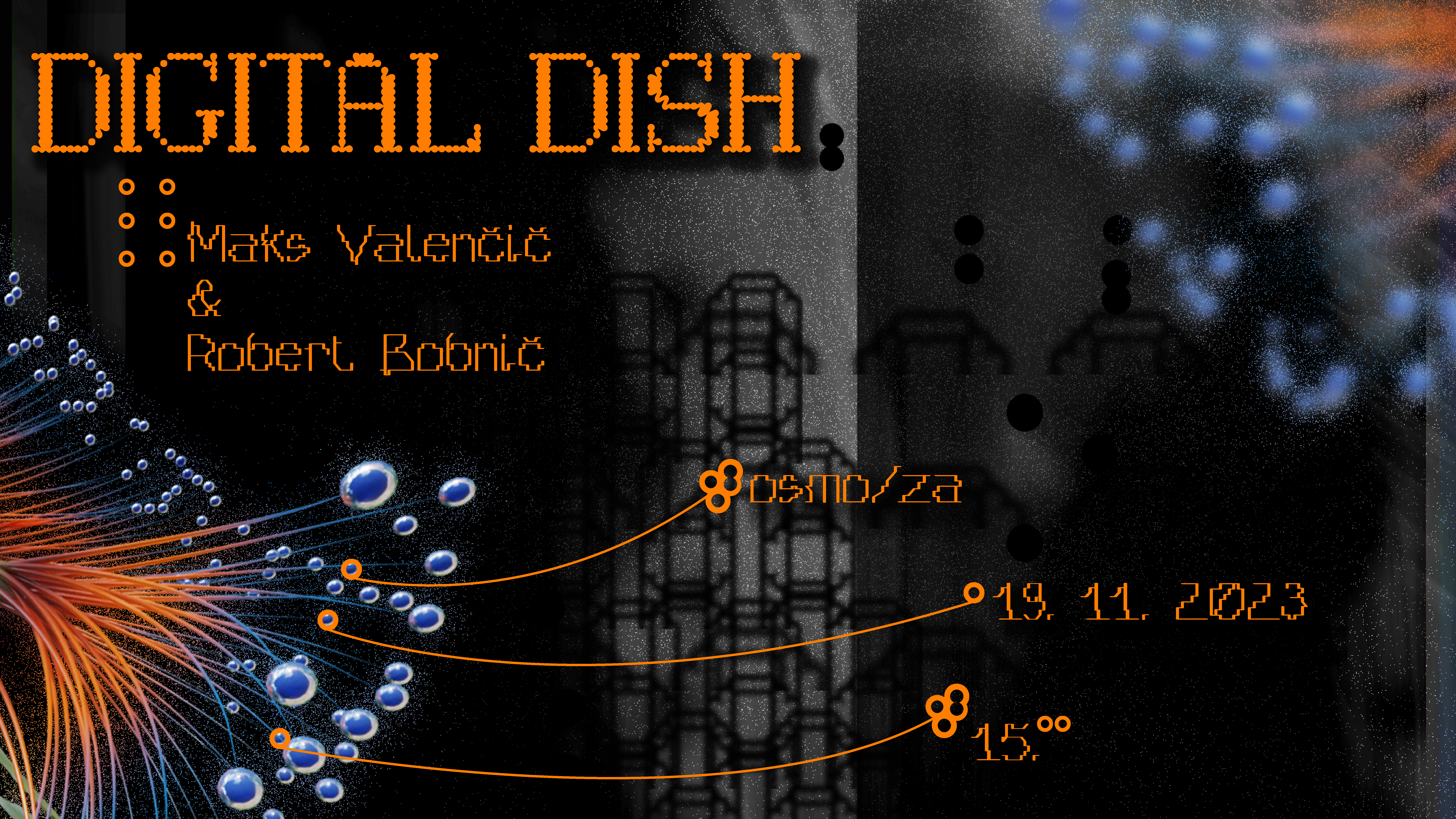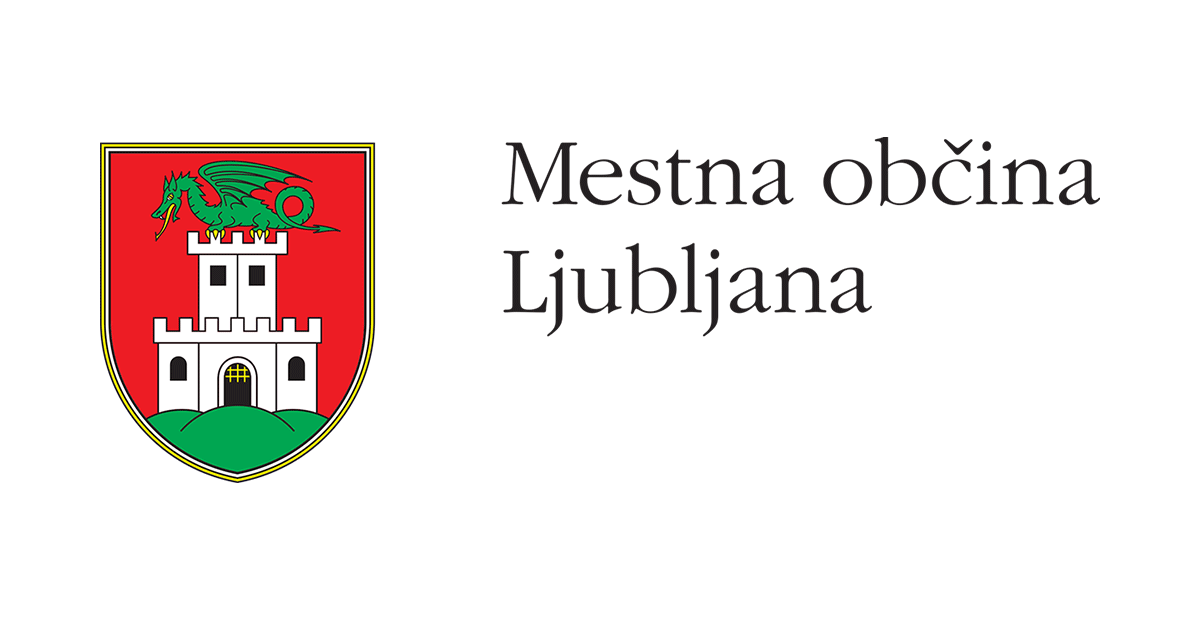Festival ADELA | Digital Dish
At the closing event of the Adela Festival of Generative Arts, Maks Valenčič and Robert Bobnič will provide further contextualisation of the theoretical contributions by artists and theorists Eryk Salvaggio, Wolfgang Ernst and Kanad Chakrabarti. Through different approaches, the authors analyse the reach of contemporary generative technologies, through a reactualisation of methods from the past (Salvaggio), an analysis of the (techno)lógos of the machine itself (Ernst), and a speculative reflection on whether artificial super intelligence can be creative (Chakrabarti).
Eryk Salvaggio: Conversation with Maverick Machines
Often assumed to be derived from cybernetics, today's generative AI ignores many of its concerns. This essay compares and contrasts two theories of the cyberneticist Gordon Pask with today's thinking of AI, by looking at Pask's conversation theory, "black boxes", and "maverick machines".
Wolfgang Ernst: The Technológos of ‘AI’
With the accelerating social and ethical impact of AI tools (or toys) like ChatGPT or Stable Diffusion, the following question arises: To what degree can the content-generative mechanisms of massive data processing via artificial neuronal nets still be kept explainable ("XAI")? This requires a media-archaeological inquiry whose critical task is not to obscure complex technologies by visual, acoustic or haptic metaphors, but to find unconventional ways of making their "black box" transparent.
Kanad Chakrabarti: Art in the interregnum
Many people believe that human values are objective and deserve preservation. This belief underpins concern about misaligned AI systems that could make humans extinct. But, could there be a super intelligence that would be an acceptable heir to humanity? Could such a Good Successor make and enjoy art?
The discussion will be held in English.
This year's series is curated by Maks Valenčič. In collaboration with Razpotja magazine.
Robert Bobnič
Robert Bobnič is a researcher at the Centre for Cultural and Religious Studies at the Faculty of Social Sciences, University of Ljubljana, and a PhD student in Media Studies at the Faculty of Social Sciences, University of Ljubljana. His PhD dissertation focuses on the study of algorithms and automation in the field of cultural consumption. In the past, he has worked as an editor at V.B.Z. publishing house (2018–2020), editor of the cultural editorial office at Radio Študent (2013–2016), chief editor of Tribuna (2011–2012). He was also a member of the editorial board of ŠUM Journal for Contemporary Art Criticism and Theory (2018–2019), among others.


